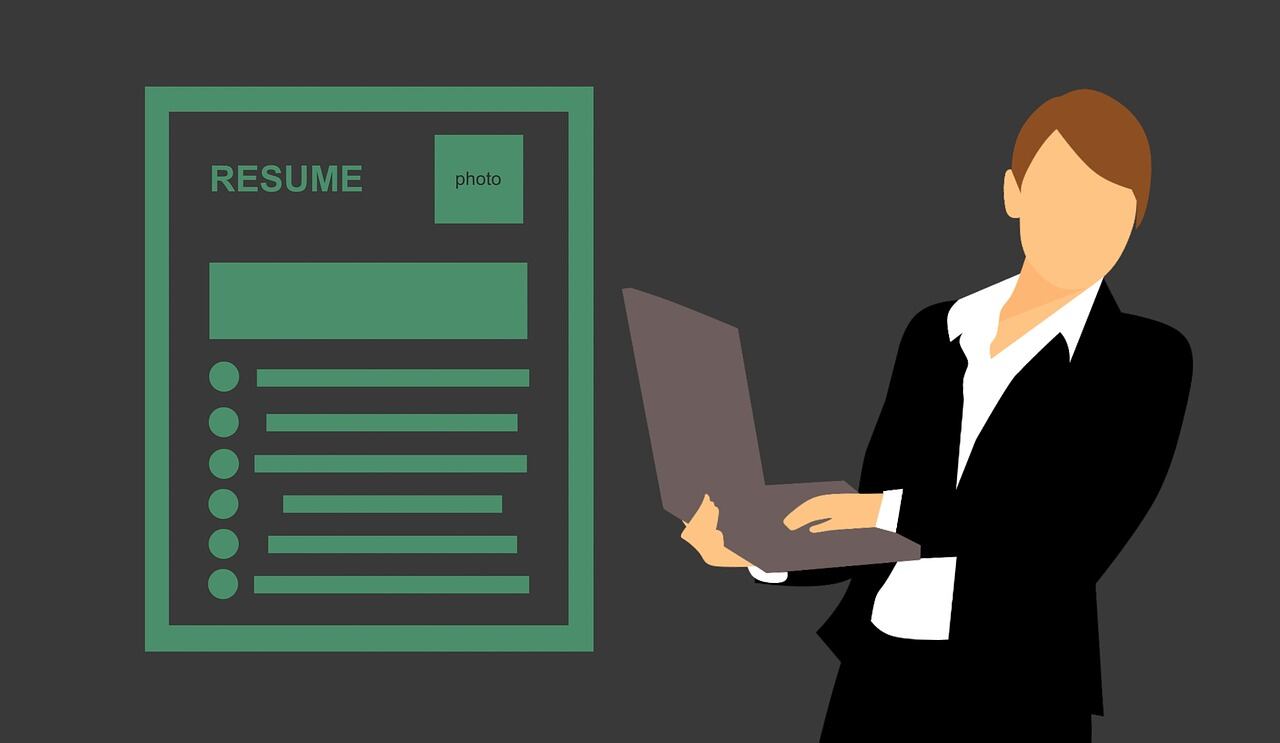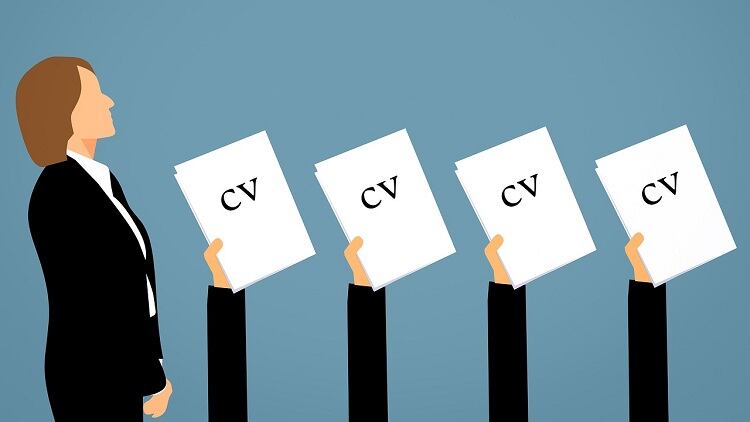Hiring staff in the hospitality industry is difficult to say the least at the best of times but operators also need to ensure they are not letting any inadvertent opinions form when it comes to the recruitment process.
Unconscious bias is often defined as prejudice or unsupported judgements in favour of or against one thing, person or group as opposed to another in a way that is usually considered unfair. This can impact the pub trade when operators are recruiting for roles within their business and can be a tricky issue to tackle.
However, consultancy and learning solutions company Global Diversity Practice highlights exactly how business owners can avoid this coming into play. CEO and founder Farrah Qureshi says: “The latest research on how the brain works reveals we are all biased in how we approach people and situations.
“Many of these biases are unconscious so they happen without our realising it. It’s a reason that friendship ‘cliques’ exist, for example.”
Qureshi outlines exactly what unconscious bias is with examples and why it takes place.
She adds: “If you’re sporty or musical or you like science, you probably find your friends will be sporty, musical or like science. Like attracts like.
“It is part of the human condition to be influenced by our life experiences, the society we live in and the media images we are exposed to. Faced with a vast amount of information, our brains are hard-wired to categorise and to subconsciously make judgements about people in those categories.
“No one wakes up in the morning with the intention to harm another human being. We also like to believe in our own objectivity. This means we all believe we are well-intentioned, and biased assumptions and stereotypes only affect other people.
“However, they are all part of how we navigate the social landscape around us, how we ‘decode’, how to relate to others and how we interpret the behaviour of those we interact with. Being aware of your blind spots and how they affect your interactions is an essential first step towards advancing truly inclusive leadership and sustainable corporate culture change.”
Ripple of negative effects
Not tackling unconscious bias can have repercussions on the rest of the team, making it even more important that operators ensure they are recruiting right.
Qureshi says: “Unconscious bias affects our decision making and can have a profound impact on the success of a workplace. It can lead to ‘groupthink’ and result in recruiters selecting only those candidates who fit a mould.

Very often, recruiters prefer people who are like themselves in aspects that could include education, ethnicity, nationality, gender, life experiences.
“The negative effects of unconscious bias create ripples through an organisation that, over time, can become seismic in their impact.
“Very often, the impact is visible in the people challenges an organisation may face. Challenges in finding the right number or calibre of people. High staff turnover is another factor as is a cliquey, negative and unsupportive work culture that can lead to poor customer service and low performance.
“It means organisations narrow their talent pool because they unconsciously eliminate potential candidates at an early stage. This is a huge issue for the hospitality industry today because of the talent shortage. So many businesses are struggling to recruit and retain employees. Recent research from the Centre for London think-tank estimates that as many as 20,000 people are planning to leave the industry. Many of those who stay have opted for temporary work, which leads to greater costs and less security.
Special programmes needed
The most important thing operators need to recognise is that unconscious bias does exist and this is the first step to change.
“Unconscious bias is an invisible driver for cultures that make people feel excluded and, therefore, more likely to move jobs or even switch careers,” Qureshi adds.
“Employees who don’t completely fit the mould may feel uncomfortable and this may impact their contribution at work. Perhaps they spot a problem that they can resolve, or an opportunity that could lead to more business, but they worry about mentioning it because they think their viewpoint will not be welcomed.
“The first step to addressing the challenges of unconscious bias is learning and training. All employees at all levels need to recognise that these biases are completely human but that they cannot be permitted to impact behaviours and business decisions around recruitment, career progression, training and promotion.
“Training is not enough. Changing habits is hard and requires deliberate and continuous action. Organisations where the culture has been shaped by unconscious bias need a clear strategy for supporting a change in individual behaviour through policies and programmes that deliberately promote openness and inclusion.”
Operators should put together a plan to ensure all employees feel valued, regardless of their background, according to Qureshi.
She says: “It is likely that a number of diversities will feel excluded and special programmes may be required to change attitudes and win hearts and minds. How do you convince women or BAME (black, Asian and minority ethnic) employees or people from different nationalities that you value their contribution if the company culture has repeatedly made them feel that you don’t care?
“This requires a clear and measurable strategy with planned initiatives over time that combine to demonstrate a real cultural shift in company behaviours.
“The first step is to recognise that there may be an issue, and to take steps to address it. Undertake a diversity audit that examines the backgrounds and diversities of different employees. Overlay that with factors such as pay, seniority, promotions, benefits. Can you see patterns emerging? Think about your past 10 recruits. Where did they come from? You may be relying on social media or employee referral to reduce the cost of recruitment, but are these routes also closing down your options and leading you to recruit only those who ‘follow’ and ‘like’ you?
“Think about your ads and the visuals on your website and social media. Are they insidiously leading potential candidates to think ‘this place is not for me, I won’t even bother applying’?
“Promoting psychological safety and inclusion within a team is essential to combat unconscious bias. Encouraging employees to call out harassment is a good starting point – as long as employers are ready to do what it takes to tackle bullying.
“A diverse and inclusive workforce provides social harmony at work for all employees. Repeatedly, this has been shown to increase productivity, innovation and performance, all of which help to drive profitability. Unconscious bias is not the only factor that blocks access, retention and performance in terms of the best talent. But it is a major factor that needs to be carefully examined and addressed.”
Beware of job descriptions
Multi-sector recruitment agency Coburg Banks lays out eight tips on how operators can reduce bias in their recruitment strategy starting with the employer taking a hard look at themselves and recognising any biased opinions they may have.
It also advises that job descriptions are scrutinised. One example given was while words like ‘ninja’ and ‘rockstar’ may be fashionable, they also tend to prevent women applying for roles. Using pro diversity language can help operators ensure they get a wider range of applications to job roles.
Every CV must be evaluated in the same way and could involve a scoring system that takes the cold, hard facts from the CV and turns them into scientific, numerical data.
Moving on to the interview process, sticking to a basic script is the best way to remove inherent bias, according to Coburg Banks.
A diverse interview panel with a fair mix of men and women, cultural diversity and a broad age range can help battle unconscious bias.
It also helps to uncover and fix any blind spots in interviews and eradicates decisions made on ‘gut feeling’. Another tip is when operators ask job candidates to solve a problem, or complete a work task that is in line with the role, it changes the whole psychology of their recruitment process.
This subtly shifts the focus from personality, background, education and even experience to the candidate’s performance and skill set.
If these tips are a bit tricky for operators to complete themselves and they suspect unconscious bias is a real issue in their recruitment process, they should consider employing an outside
agency to field the initial responses and present suitable candidates.
The operator will still get the final say on the hire but they will get a list of thoroughly vetted and diverse applicants.
Lastly, Coburg Banks advises every business should have a clear plan when it comes to diversity where operators need to know their goals and work towards them incrementally.




